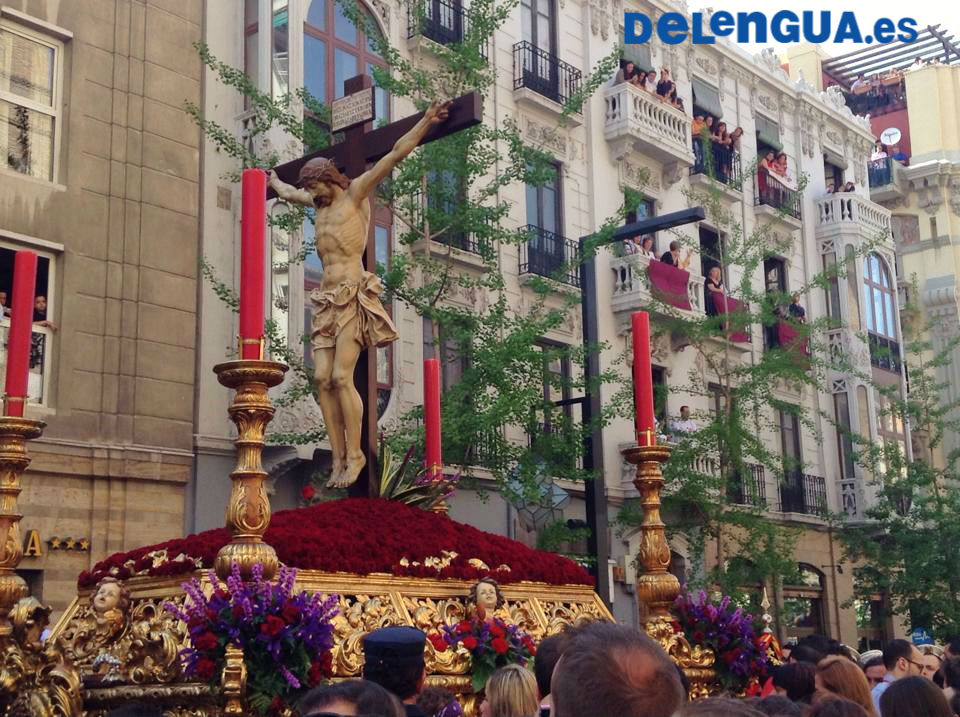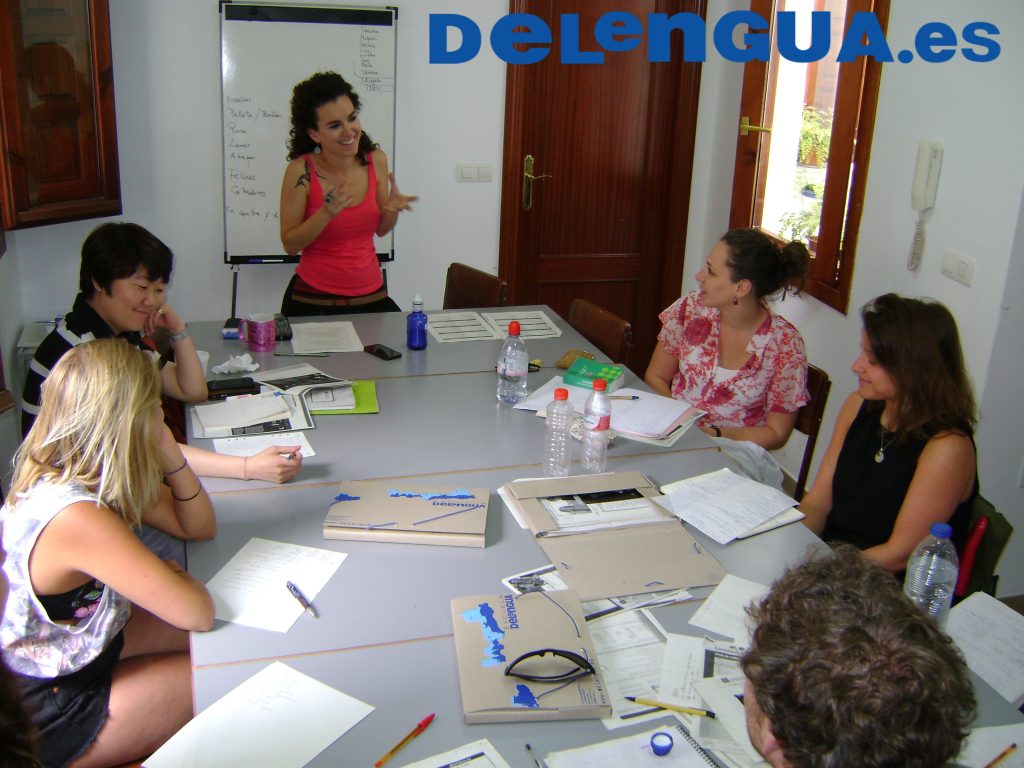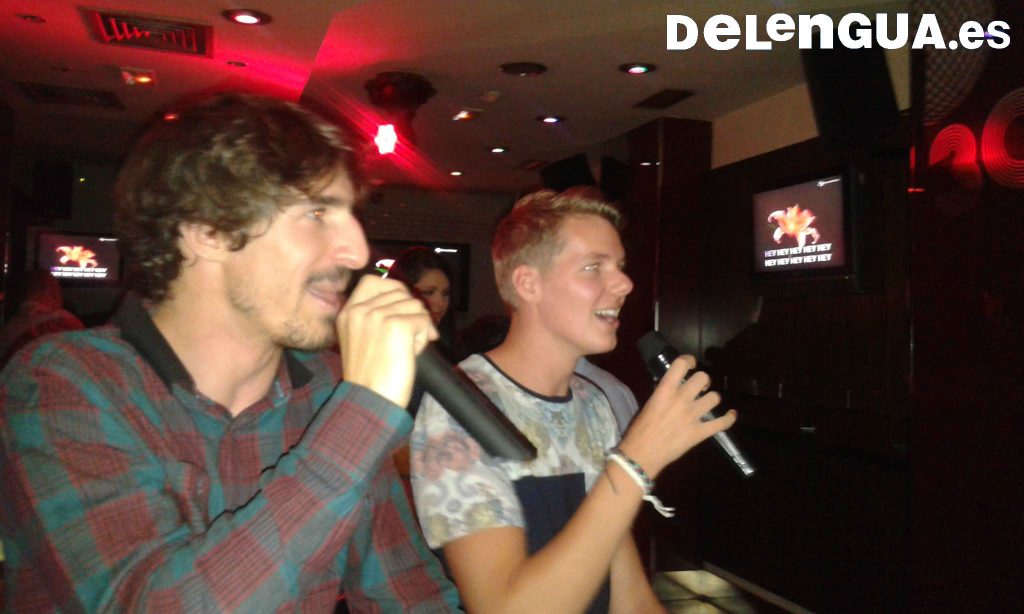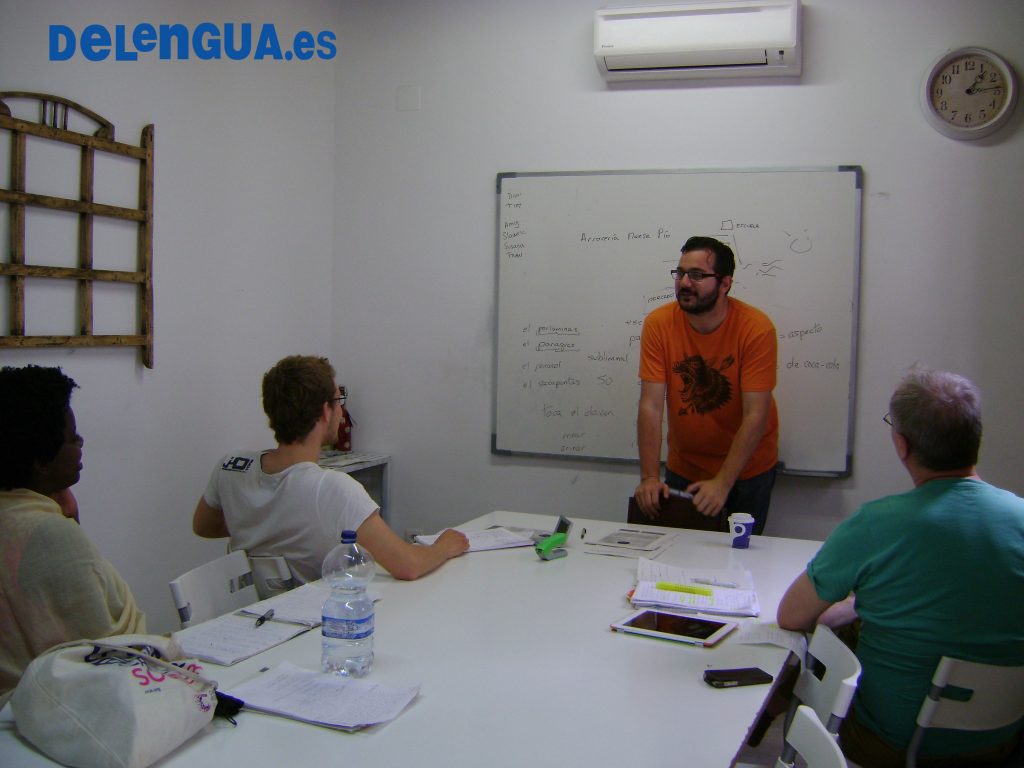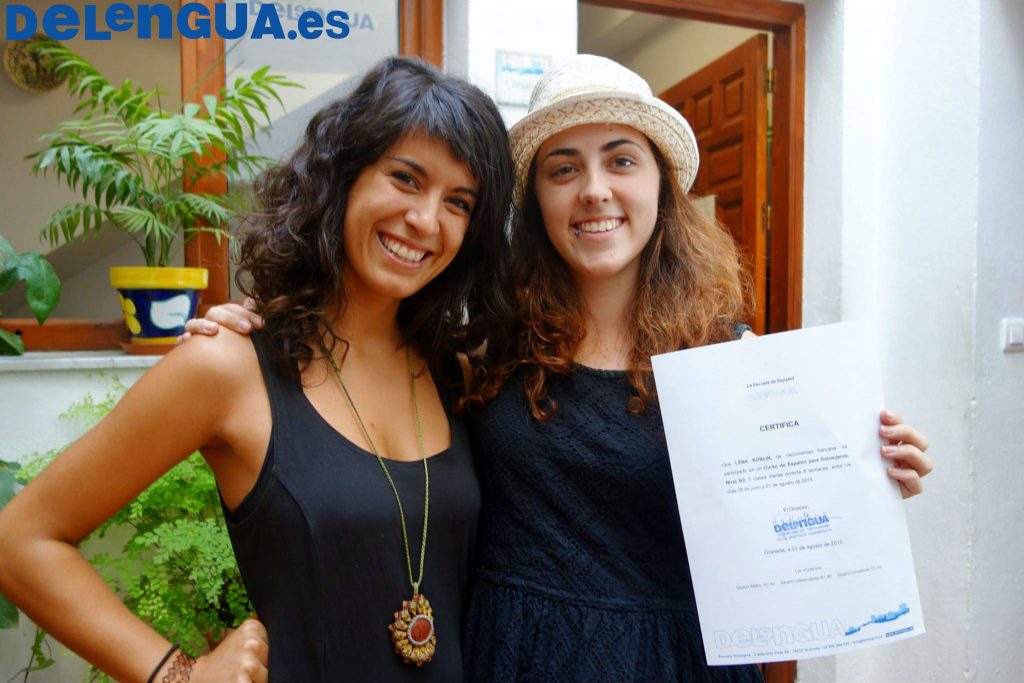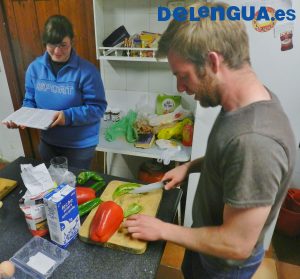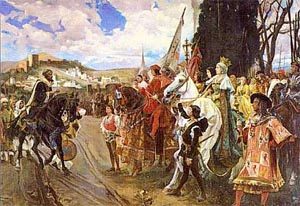| Español | Inglés | |
|---|---|---|
| El idioma mozárabe, también el mozárabe o aljamía, son dialectos neolatinos de la población mozárabe durante los siglos VIII y XV en Al-Andalus. Los mozárabes se eran los cristianos que vivían bajo el dominio de los árabes en la Península Ibérica. Aparte de muchas costumbres que han adaptado de los musulmanes como también el idioma en parte, los cristianos podían conservar su religión.
La lengua mozárabe es un sustrato del idioma árabe. Eso quiere decir que los cristianos han adaptado la lengua árabe después de la conquista de los musulmanes, pero la han influido por su propio idioma. Se escribía en alfabeto árabe, en vez de en el alfabeto latino, pero con influencia de los dialectos romanos que fueron su lengua materna antes. Historiales escritos para el mozárabe por ejemplo son las Jarchas, estrofas finales de las poesías en colecciones de poemas. Todavía hoy se puede ver la influencia que tenía el mozárabe en el desarrollo del español. Por ejemplo significa “Mi señor” en el idioma mozárabe “Mio sîdî”. La palabra “alqutún” del mozárabe significa “algodón” y “albúnduqa” quiere decir “albóndiga”. Para aprender más sobre la historia de la lengua española y la influencia del idioma mozárabe ¡apúntate a un curso de español en la Escuela Delengua en Granada! La historia une Granada con los árabes y es el mejor lugar para aprender español. Sobre todo si también te interesa nuestra historia. La Escuela Delengua te ofrece un viaje por el pasado de nuestra historia y también por el de la lengua española. |
The Mozarabian language, as well es the Mozarabian or the Lajamía, were Neolatin dialects of the Mozarabian population during the 8th and the 15th century. The Mozarabes were called the christians who lived under the dominion of the arabes in the Iberian Penisula. Besides lots of customs of the Muslim, as well as the language in parts which were adapted of them, the christians could keep their religion.
The Mozarabian language is a substrate of the arabian language. That is to say that the christians adapted the arabian language after the conquer of the Muslim, but affected it with their own language. They used to write with arabic alphabet, instead of the latin alphabet, but with influencias of the roman dialects which were their mother tongues before. Historic scripts of the mozarabic are for example “Jarchas”, final poetic verses of poetry collections. Still today you can find the influence which had the mozarabic language to the development of the Spanish language. For example means “Mi señor” (Sir) in the arabic language “Mio Sîdî”. The mozarabic word “alqutún” means “albondiga” (bean). To learn more about the history of the Spanish language and the influence of the mozarabic language just register for a Spanish programme with the language school Esuela Delengua in Granada! The history unites with the Arabes and is the best place to study Spanish. Mostly when you are also interested in our history. The Spanish school Escuela Delengua offers you a journey through our history and also through the Spanish language. |
For more information visit our website:
Search
Archives
-
Recent Posts
Tags
activities Alhambra Andalucía Andalusia Aprende español en España Aprende español en Granada Cine Español cinema cultura Cursos de espanol en Granada Cursos de español Cursos de español en España Cursos de lengua Cursos de lengua en España Cursos de lengua en Granada Delengua activities España español fiesta film flamenco Gramática Española / Spanish Grammar Granada hiking in the Sierra Nevada la lengua española Language courses language courses in Granada language courses in Spain learn Spanish learn Spanish in Granada Learn Spanish in Spain Pedro Almodóvar senderismo en la Sierra Nevada Sierra Nevada Spain spanish Spanish Courses Spanishcourses in Granada Spanish courses in Granada Spanish Courses in Spain Spanishcourses in Spain Spanish Grammar Spanish Language School the Spanish grammar the Spanish Language





